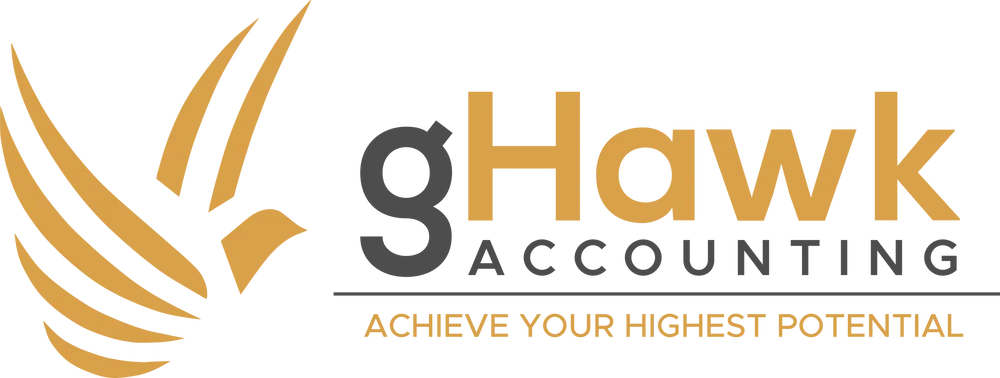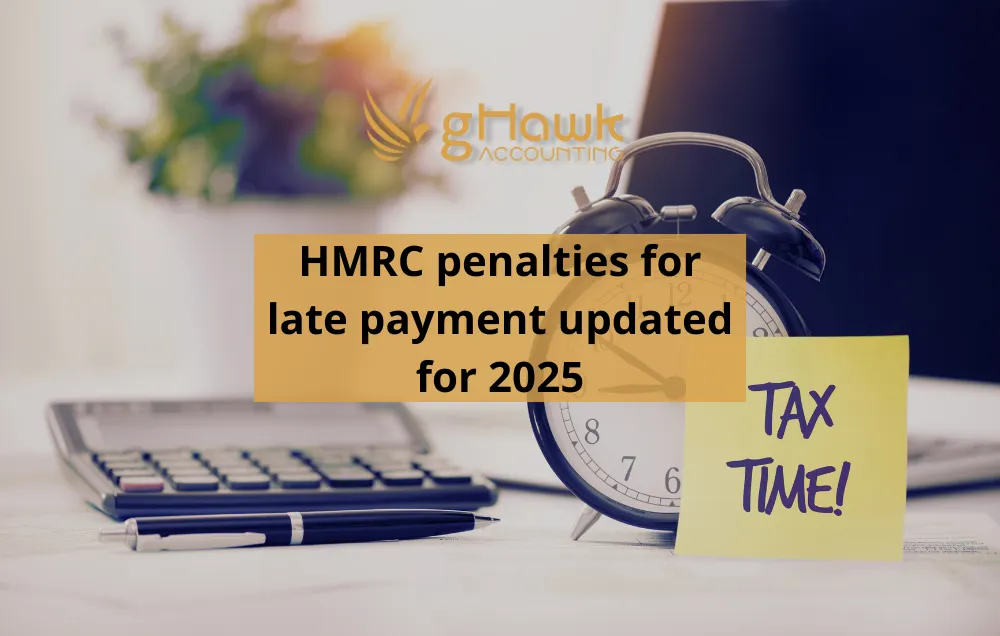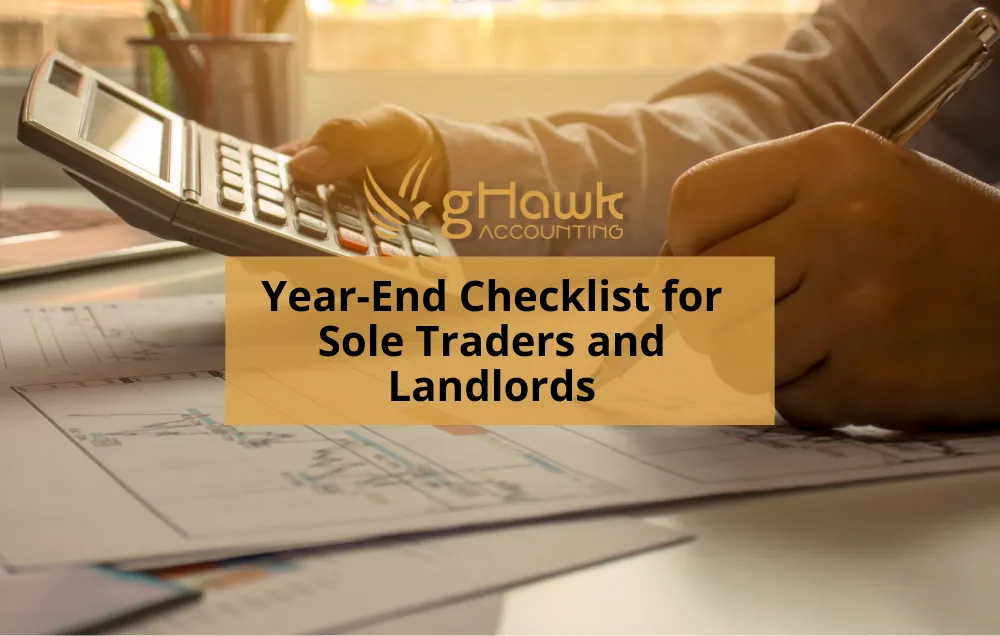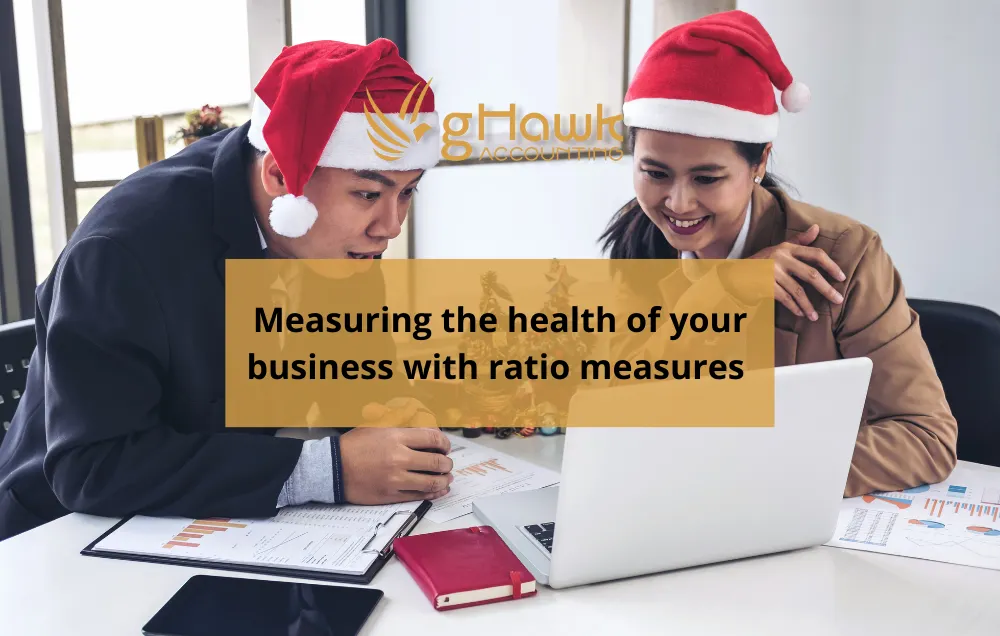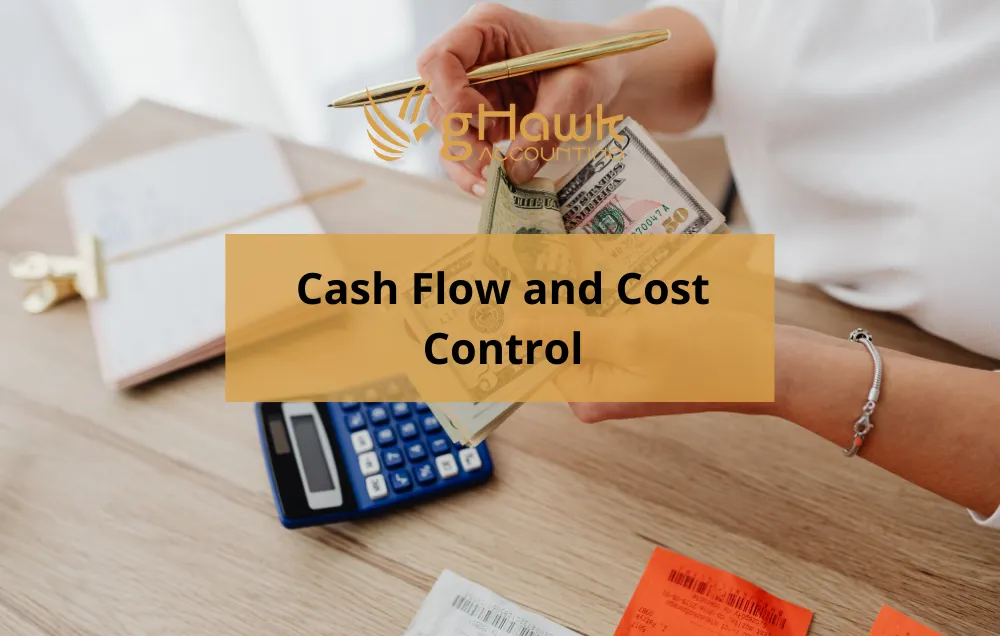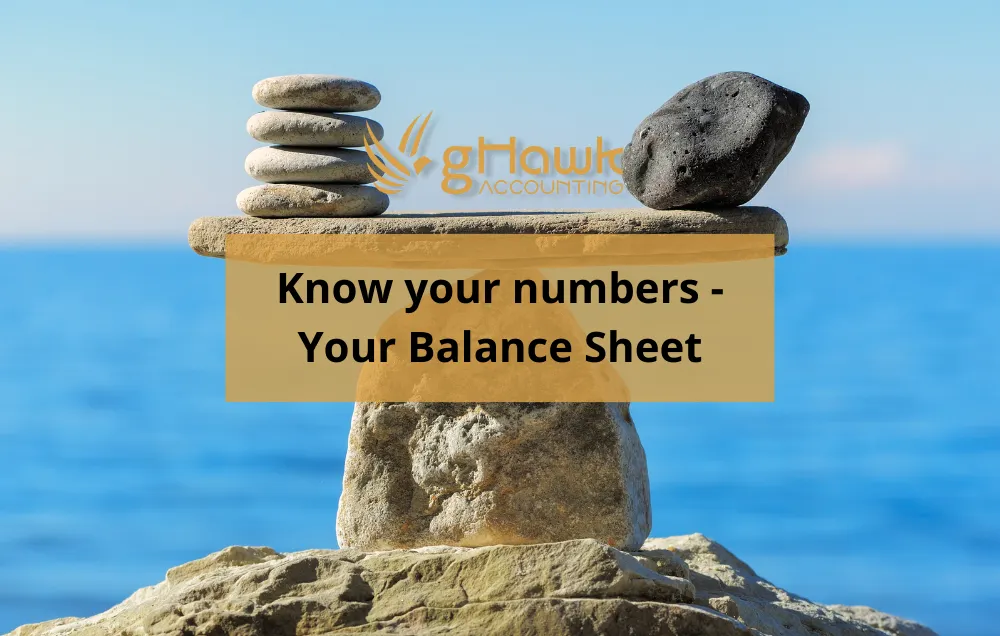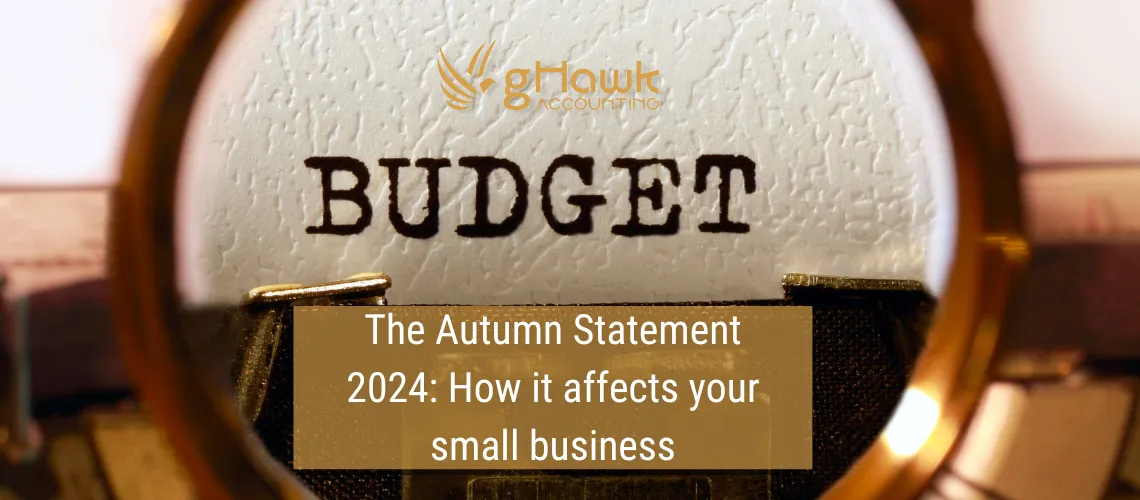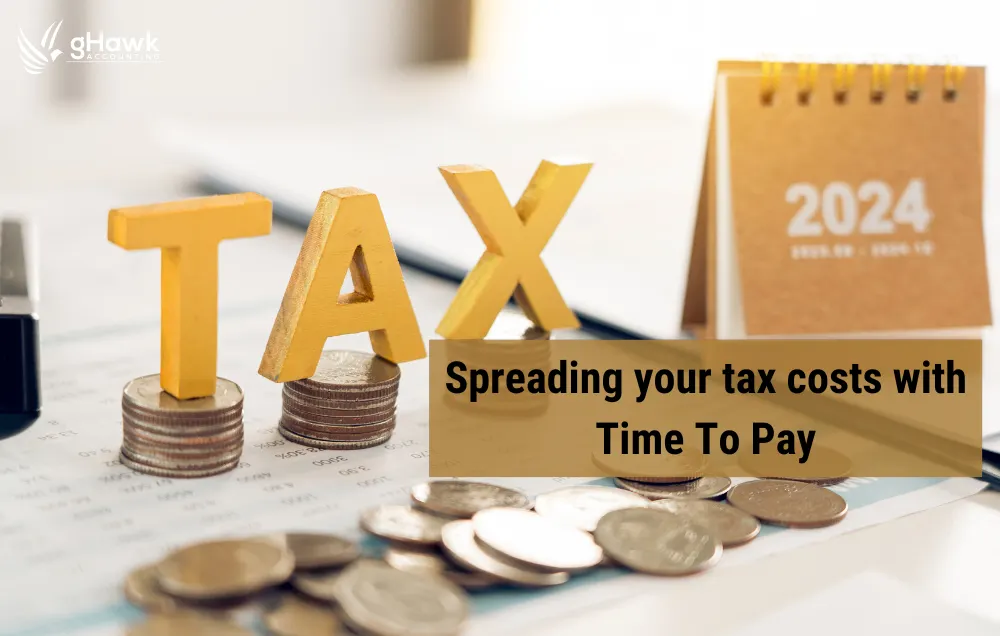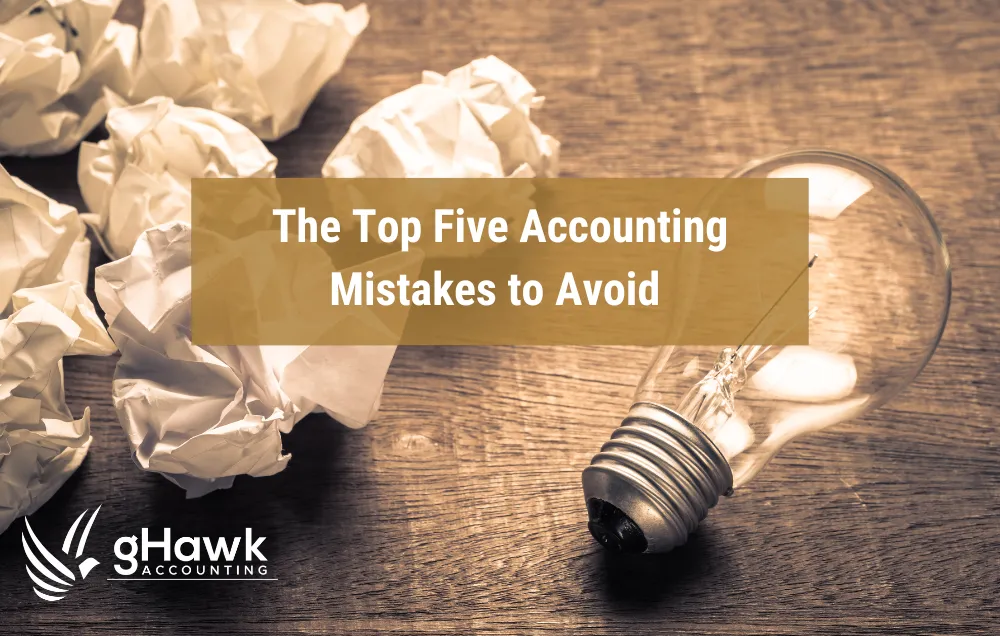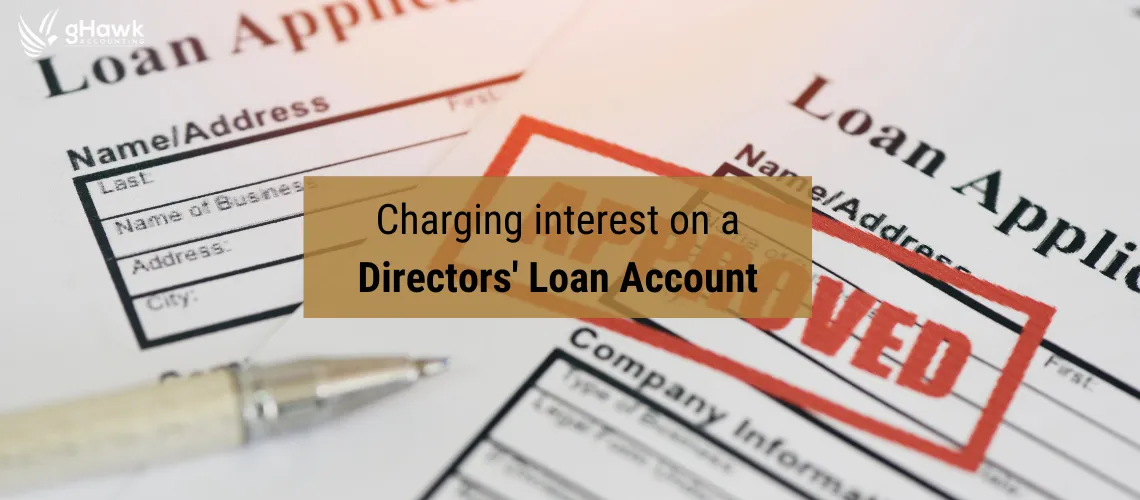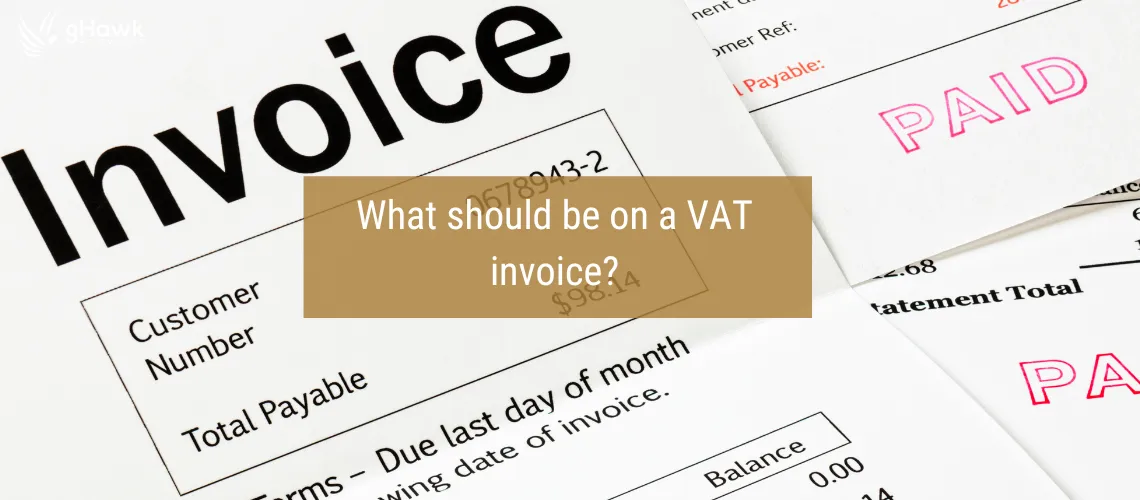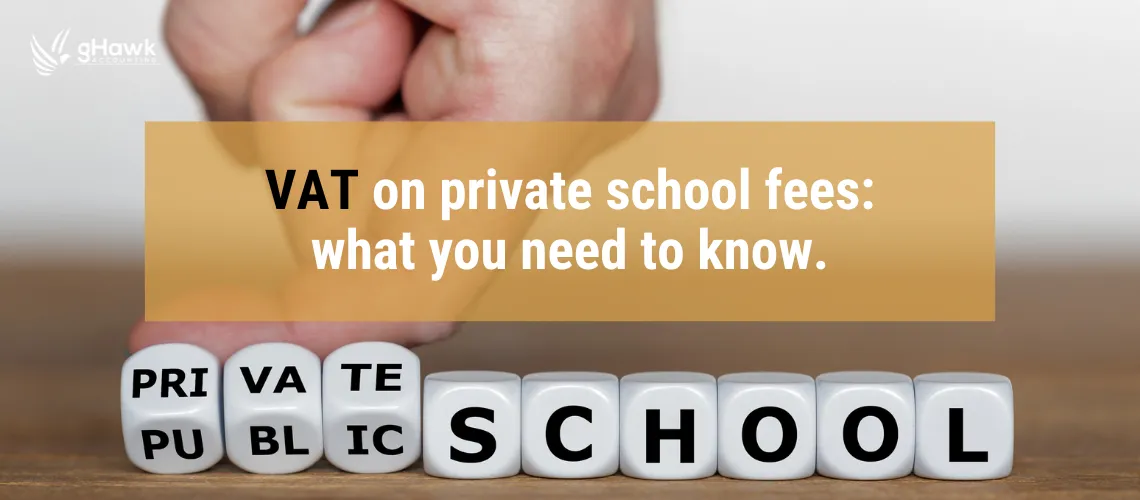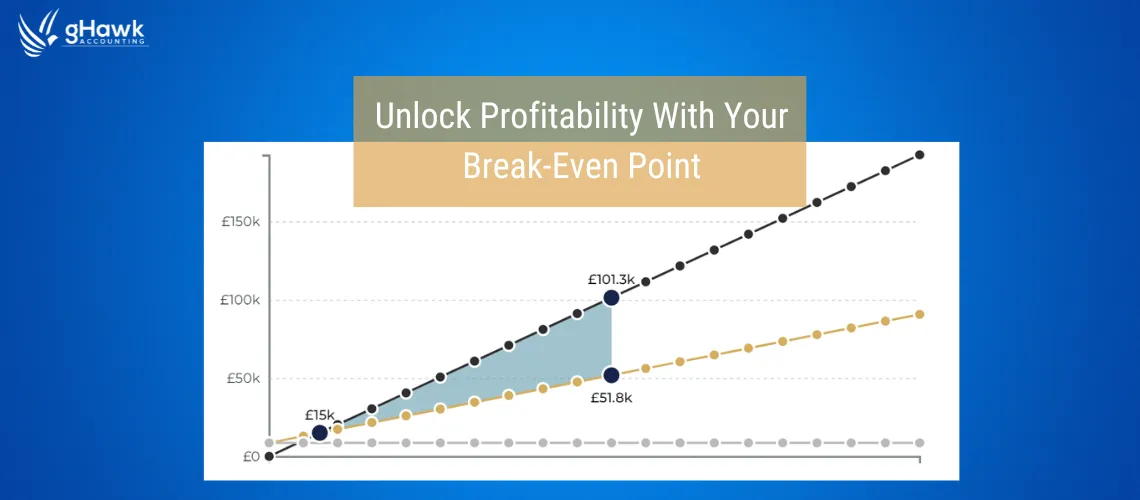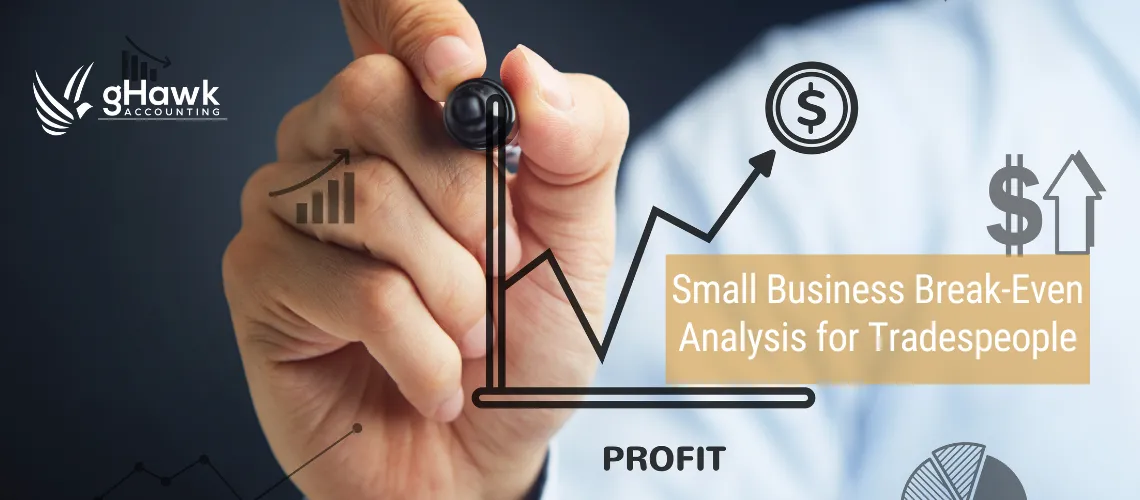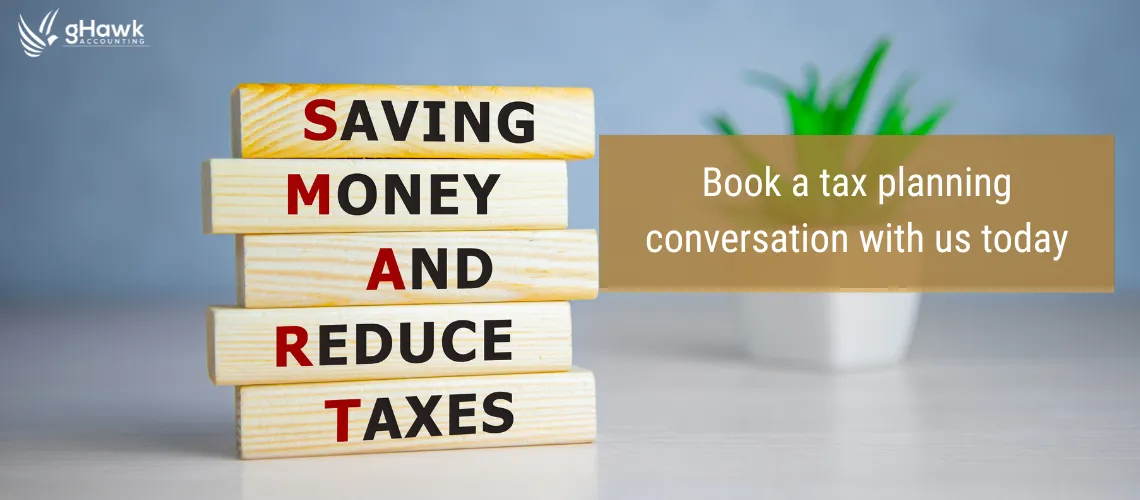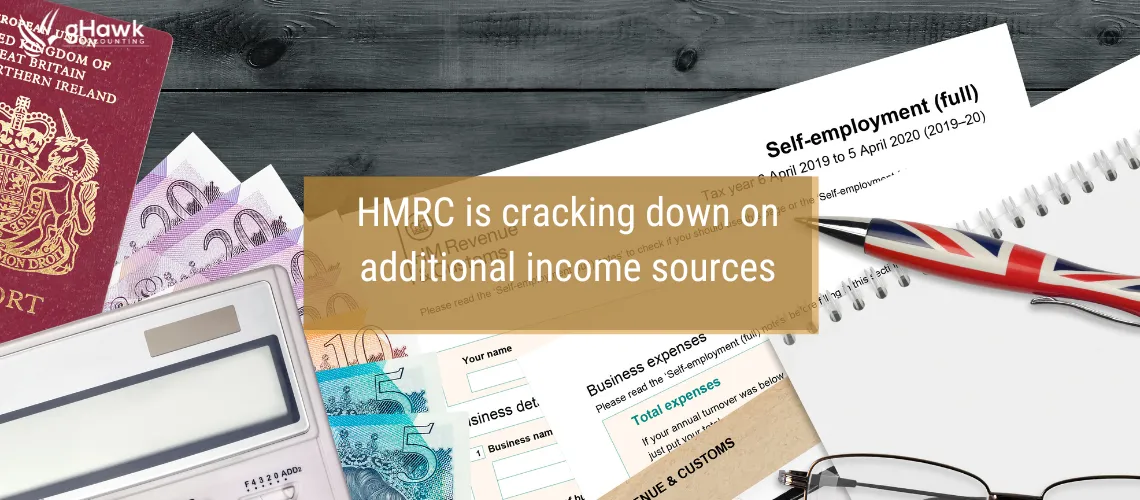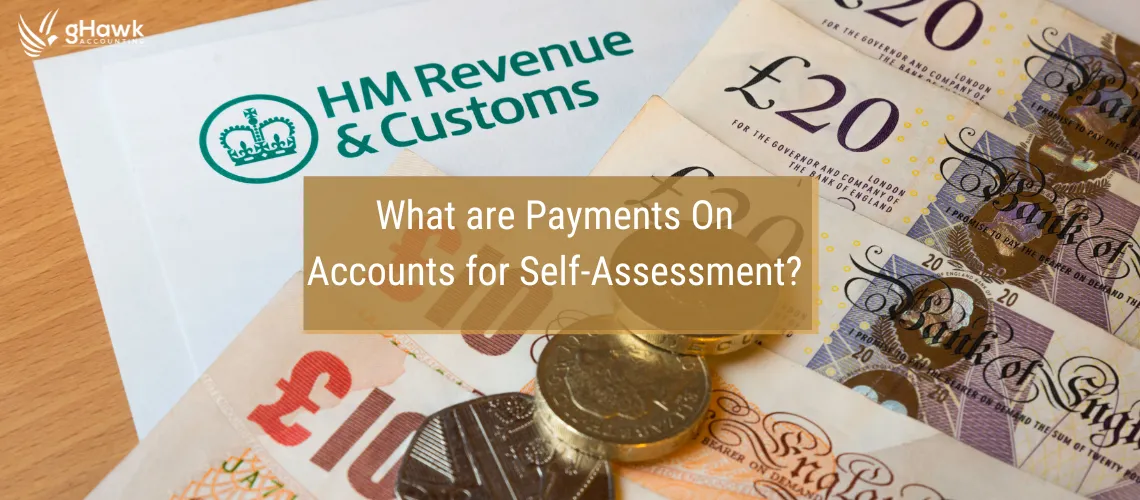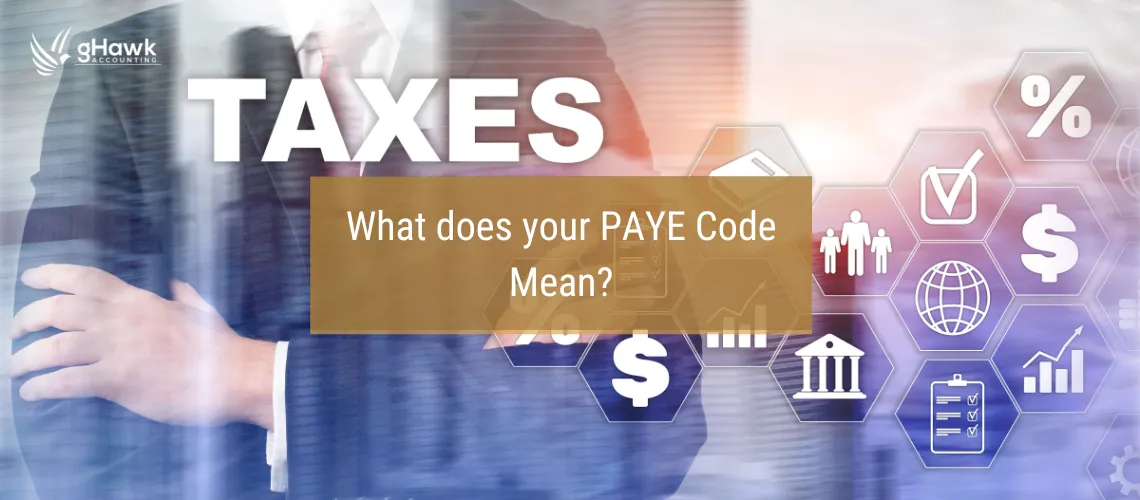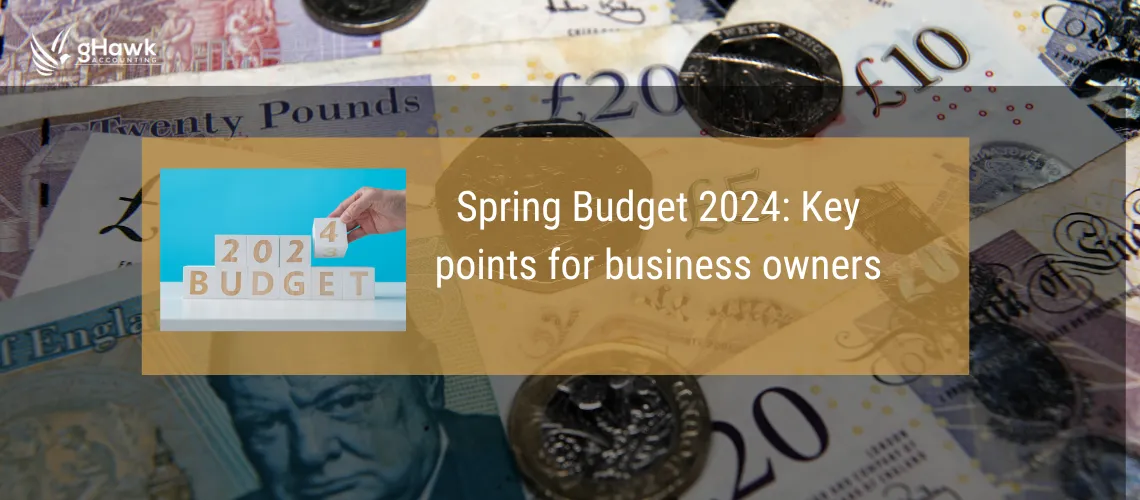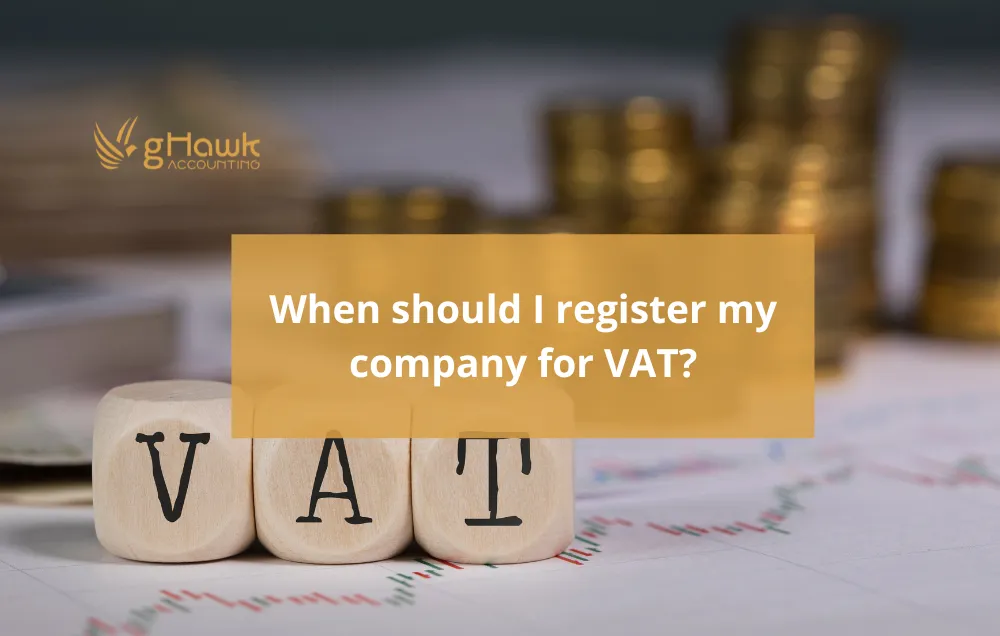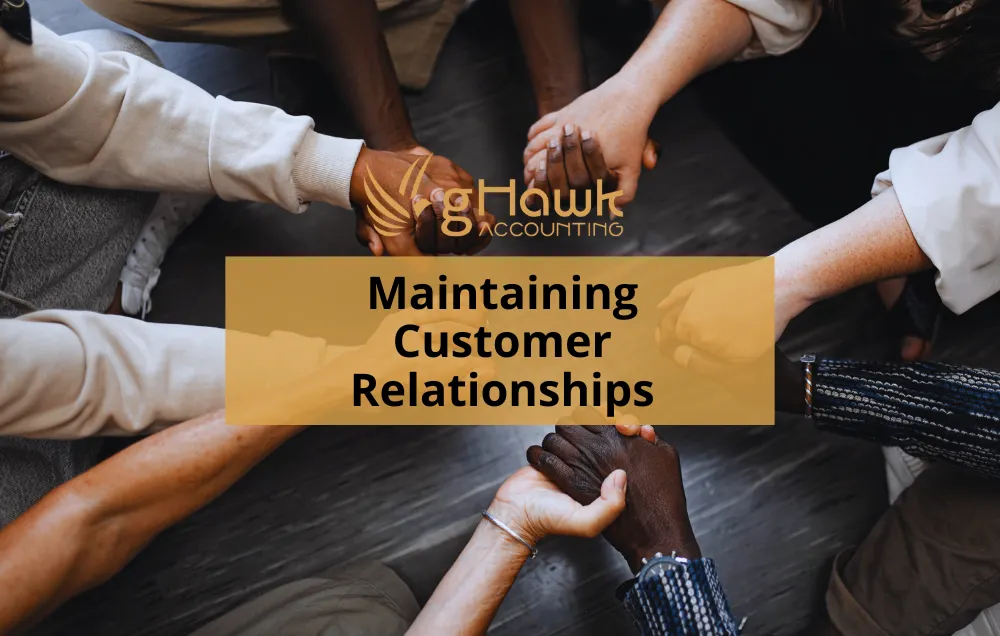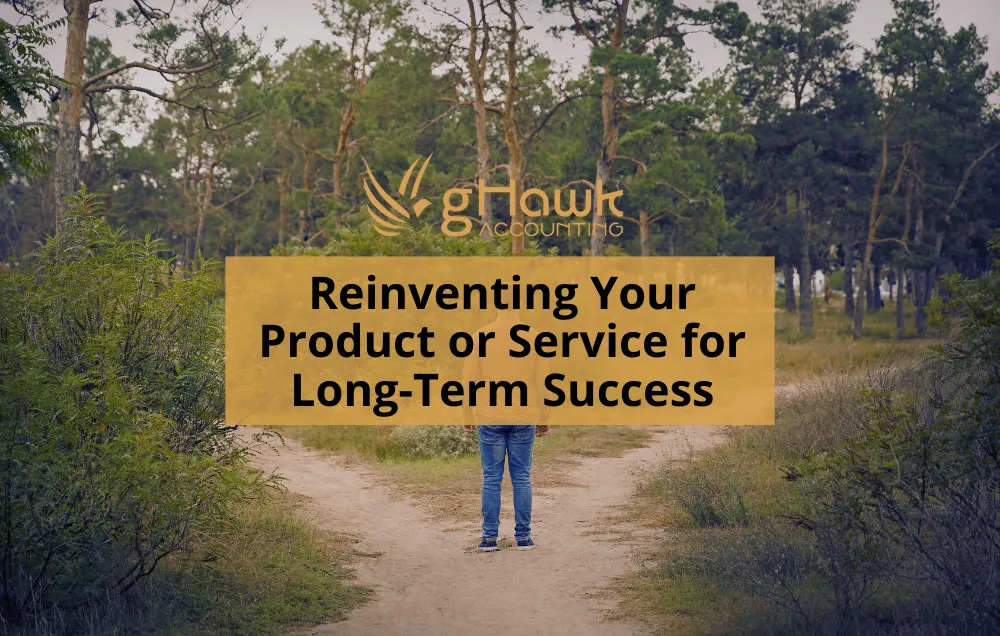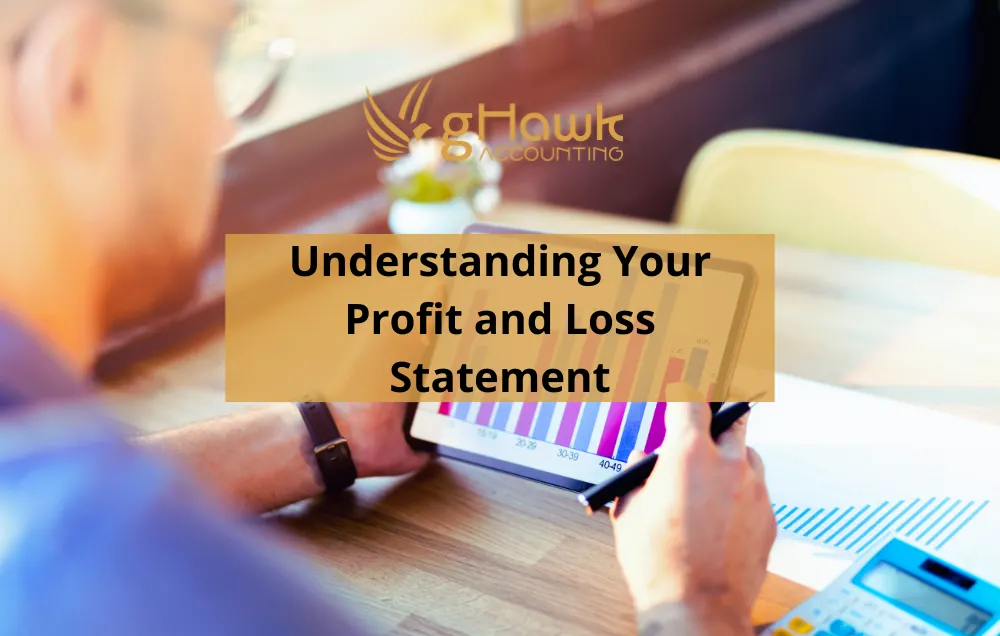What is Making Tax Digital for Income Tax Self Assessment?
Making Tax Digital for Income Tax (MTD for ITSA) comes into force from April 2026. We’ve got all the advice you need for getting ready for digital record-keeping and tax submissions.
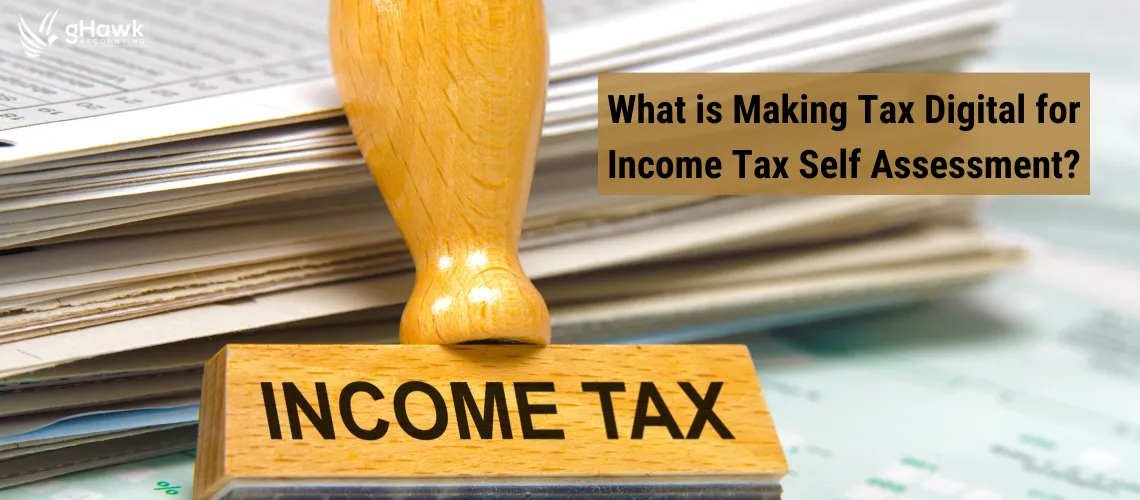
Making Tax Digital is changing how we submit tax returns. With Making Tax Digital for Income Tax Self Assessment (MTD for ITSA) coming into force from April 2026, it’s time to start planning how you’ll meet the compliance requirements for MTD for ITSA.
We’ve highlighted the four main areas where you need to take action to be ready for the deadline and maximise the benefits of going digital.
The basic requirements of MTD for ITSA
MTD for ITSA will affect you if you’re running a self-employed business or a landlord with annual business or property income initially above £50,000. To comply with the MTD for ITSA rules when they kick in from the 2026/27 tax year, you’ll need to:
- Keep digital records of all business transactions
- Submit quarterly updates to HMRC
- Submit an annual end-of-period statement
- Finalise your tax return for the year
- Pay any tax due to HMRC
This switch from an annual self-assessment tax return process to quarterly and annual returns is a major change. It means increasing your interactions with HMRC, keeping extremely accurate digital records and having a highly defined process for your tax return.
Some people will already be set up to meet these digital requirements. But, if you’ve not yet jumped onto the digital bandwagon, there are a few important steps to think about.
Switching to a digital tax process – what you need to do
The aim of MTD is that, over time, the UK tax system will move to digital. But for this to work, taxpayers, bookkeepers, and accountants must all take action so that every stage in the tax process can be carried out digitally.
From the point of view of a self-employed business or landlord, this will mean:
- Choosing a software solution for your digital record-keeping – you’ll need the right tools to keep digital records. An Excel spreadsheet may be fine for traditional bookkeeping, but the MTD ITSA requirements mean you’ll need a more accurate and flexible software solution. Receipt entry tools like Hubdoc or AutoEntry, paired with a cloud accounting platform like Xero, QuickBooks or FreeAgent, will help you get those bank statements, receipts and documents digitised and recorded.
- Working out a process for recording your income and expenditure – one of the big aims of going digital is to achieve real-time data for your business. But to be able to see real-time numbers, you must enter your transactions regularly. Think about how you’ll scan receipts and invoices and how much time you need to set aside for bookkeeping and record-keeping. Yes, it will eat into your admin time, but the end benefits of this streamlined digital process make it a worthwhile investment.
- Agreeing on who will carry out your quarterly and annual updates, you must ultimately meet HMRC’s MTD rules for ITSA. But you don’t have to do all the work yourself. Your tax adviser can help you collate and submit quarterly and annual digital updates. You can opt to do the updates yourself, but you’ll get higher accuracy, review and analysis by partnering with your tax agent.
- Partnering with your accountant to submit your return – despite what HMRC might tell you, tax can be complicated. An accountant should be carrying out the tasks of calculating your taxable profits, accounting for secondary income streams, and making adjustments to your submitted numbers. MTD for ITSA will mean working much more closely (and frequently) with your accountant, so make the most of their professional knowledge and expertise when finalising your tax return.
Talk to us about preparing for MTD for ITSA.
Switching over to MTD for ITSA isn’t just a compliance requirement. Going digital also helps you run a more effective and flexible accounting and record-keeping system into the bargain.
You’ll have:
- Better visibility of your income and expenditure
- Improved control over your business numbers
- A clearer idea of your tax liabilities for the year.
If you’d like advice on preparing for the April 2026 MTD for ITSA deadline, feel free to contact us. We’ll help you understand what’s required, what the best software solutions will be for your business, and the key changes you’ll need to make.
Get in touch to set up MTD for ITSA.
